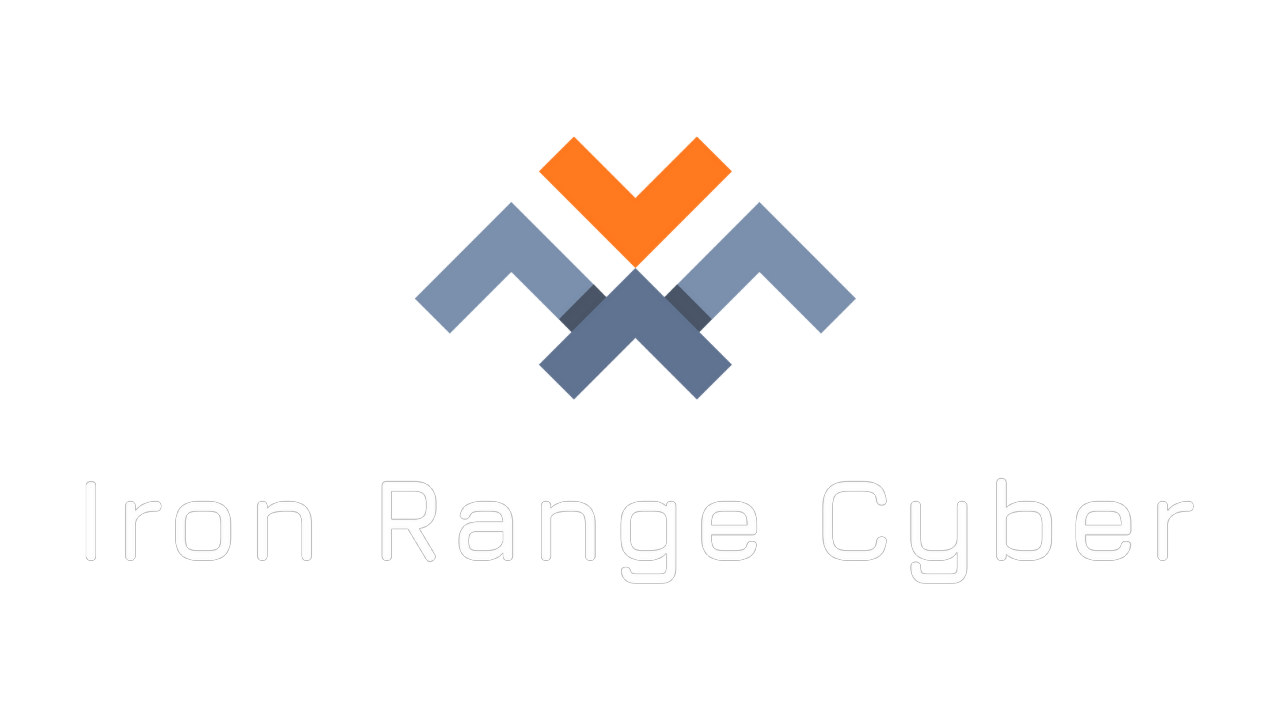What Is Healthcare Cybersecurity?
Healthcare cybersecurity is a subset of cybersecurity that targets protecting sensitive healthcare information through modernized cybersecurity strategies. Healthcare cybersecurity applies to (but is not limited to) the protection of patient personal health information, medical records, medical devices, patient data, the information security infrastructure of healthcare facilities, and healthcare-related IoT. As cyber-based attacks such as data breaches, phishing attacks, malware, and ransomware attacks continue to rise, the need for healthcare cybersecurity continues to increase as well. To address this growing need, the cybersecurity industry is rapidly evolving to provide more effective technology-focused solutions to enhance healthcare security and mitigate the associated risk of these attacks.
Why Do Healthcare Organizations Need to Consider Healthcare Cybersecurity?
Today, organizations in the healthcare industry need to consider implementing and constantly improving upon a modernized healthcare cybersecurity strategy not only to protect sensitive patient information but also to protect the organization from a compliance failure. Any organization or healthcare provider storing personal health information in the United States is required by law to adhere to HIPAA (or The Health Insurance Portability and Accountability Act). HIPAA provides a legal framework that mandates how a healthcare organization can store, manage, and transmit a patient’s personal health information or PHI.
Aside from the compliance considerations, organizations need to consider implementing and constantly improving upon a modernized healthcare security strategy to protect patient health information from being stolen and sold on the dark web. Today, healthcare data and patient personal health information is a massive target for cybercriminals, as it is the most valuable type of data on the black market today. Researchers estimate that a single healthcare record can sell for up to $250 on the black market. This is due to the completeness of a medical record. Often, if a cybercriminal were to get access to a patient’s medical record, they will have enough information to steal the patient’s identity or use it for other fraudulent reasons. For this reason, cybercriminals focus their efforts to steal sensitive patient data over any other form of personally identifiable information today.
What Happens if an Organization Does Not Store Patient Data Properly?
If an organization storing personal health information neglects to meet HIPAA compliance, they risk paying serious financial penalties or can even serving jail time. HIPAA compliance fines are broken down into two categories: Reasonable Cause and Willful Neglect.
Reasonable Cause
Per HIPAA regulation definition 160.401 – “Reasonable cause represents an act or omission in which a covered entity or business associate knew, or by exercising reasonable diligence would have known, that the act or omission violated an administrative simplification provision, but in which the covered entity or business associate did not act with willful neglect.1”
Fines for Reasonable Cause vary from $100 per medical record exposed to $50,000 per incident. Reasonable Cause although does carry a heavy financial penalty does not pose the risk of jail time.
Willful Neglect
Per HIPAA regulation definition 160.401 – “means conscious, intentional failure or reckless indifference to the obligation to comply with the administrative simplification provision violated1.”
Fines for Willful Neglect can range from $10,000 to $50,000 per record exposed and can even result in jail time and criminal charges depending on the level of neglect in the management of protected health information.
What Are Some Strategies To Enhance Healthcare Cybersecurity?
To stay ahead of the evolution of cyber threats, organizations should greatly consider consistently testing, verifying, and improving upon their data security processes to stay ahead of security threats and minimize security incidents associated with cyber attacks.
Security Officer
Organizations often employ a security officer to oversee data security initiatives and effective incidence response measures. Security Officers are hired for their HIPAA compliance expertise as well as thier deep understanding of healthcare data protection, healthcare security challenges, and modern cybersecurity solutions to promote the modern healthcare organization’s protection and compliance.
Endpoint Protection
Another critically important component of healthcare security is an effective end-point solution. An end-point such as a physical computer, mobile device, or other internet-connected devices can be primary targets for cybercriminals to gain access into a healthcare network. Through an email phishing attack or another malicious vector, cybercriminals will target a healthcare employee’s internet-connected device as an entry point into the environment. Since these devices require access to the public internet to support daily hospital function, they act as a great security risk and require an advanced endpoint protection solution to detect, block and remove security risks.
Data Security Strategy
Data security strategy is a broad term that describes the strategy put in place to protect the health IT infrastructure and storage devices that store sensitive patient health information. This risk management strategy is often comprised of several solutions to effectively protect the backend infrastructure and data storage and management of PHI (Protected Health Information).
Incident Response
Incident response is another critical component of any modern healthcare security posture. Often implemented by security professionals or a Security Officer, an incident response plan outlines the steps an organization should take if they sustain a cyberattack. Incident response plans involve documented processes for identifying and removing a security threat, followed by a verification and testing process to determine that the threat has been eliminated.



